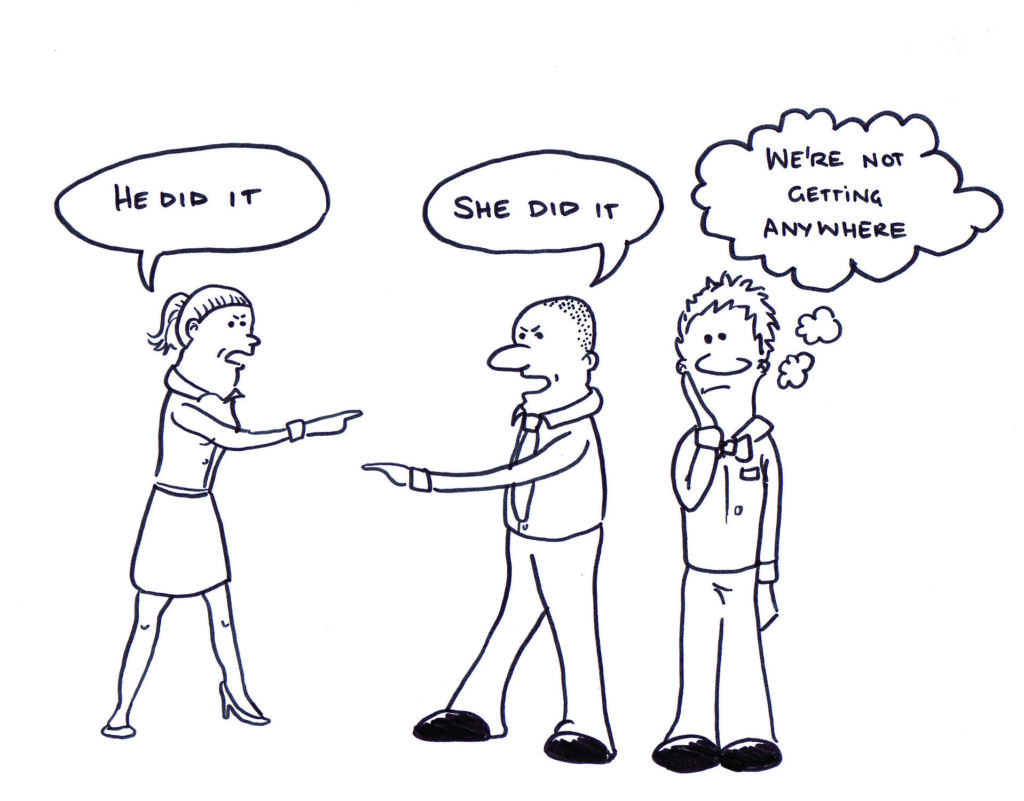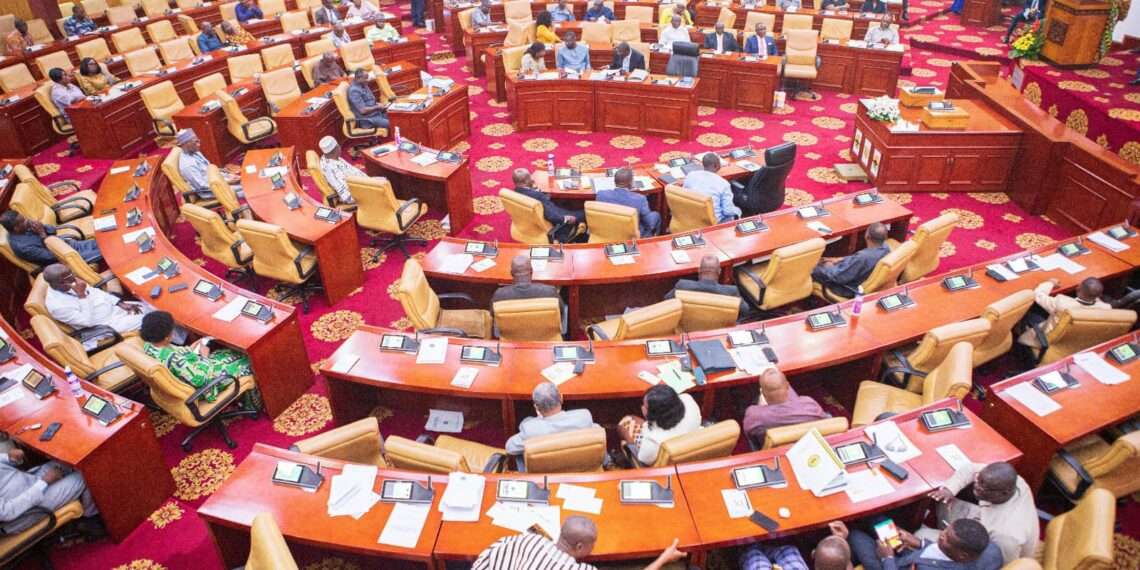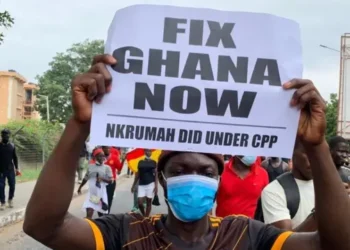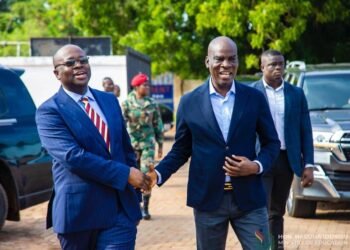With its vast natural resources, strategic location, and resilient population, Ghana has long been poised for rapid economic growth and development.
However, the country’s progress has been consistently hindered by the persistent plague of unnecessary politicking, which has diverted attention from pressing national issues and hindered the realization of its full potential.
The persistent politicization of crucial issues by the two dominant parties, NDC and NPP, has severe repercussions, obstructing Ghana’s path to realizing its economic aspirations and hindering the nation’s capacity to reach its full economic growth potential.
Furthermore, political instability, a direct result of excessive politicking, creates an uncertain environment that deters investors and hinders long-term economic planning.
As such, the recurrent shifts in government policies resulting from changes in leadership following elections create an environment of uncertainty, making it difficult for businesses to navigate and operate efficiently, as they struggle to adapt to the constantly evolving regulatory landscape.
Recently, the Majority caucus in Parliament has alleged that the Minority caucus is trying to undermine Ghana’s economic progress by consistently opposing certain tax exemptions being considered by the House, thereby obstructing crucial economic growth initiatives.
“The Minority leader, Dr. Ato Forson is leading that charge on behalf of the minority NDC in Parliament, and their main aim is to obstruct government business and to deny the people of Ghana the needed economic growth, which will result from businesses investing in the country and expanding their businesses”.
Alexander Afenyo-Markin
This development follows the Minority’s ‘steadfast commitment’ to thwarting these requests at every opportunity, citing concerns over a lack of transparency and accountability in the government’s handling of tax waiver deals.
Meanwhile, a staggering $400 million in tax waiver requests has been stuck in limbo at the Finance Committee for over three years, mired in a political impasse that refuses to budge.
Ironically, Majority Leader Alexander Afenyo-Markin, who accused the Minority of obstructing economic growth, conveniently overlooked that his party, when in the Minority, had similarly blocked the NDC Majority’s attempts to pass tax waivers, citing corruption and a lack of accountability.
“At the time, the NDC government applied for a tax waiver of $982 million for the port project. And through the vigilance of the minority then, we shut it down for up to $832 million, saved the government and the people of Ghana some $100 million, and even requested that further work be done”.
Alexander Afenyo-Markin
While it’s commendable that both the NDC and NPP are holding each other accountable for their expenditures in government, the incessant politicking that comes with this scrutiny is regrettable and counterproductive.
It is almost as if both parties have a history of reciprocating similar actions, all while feigning a commitment to transparency and accountability, when in reality, they’re merely perpetuating a cycle of political tit-for-tat.
When Politicking Goes Wrong

Furthermore, corruption, a natural consequence of excessive politicking, results in the misappropriation and embezzlement of funds, thereby depriving critical public services and infrastructure development projects of the necessary resources, exacerbating the already dire need for effective governance.
As often is the case in Ghana, politicians prioritize their political survival and party interests over the public good, leading to decisions that benefit themselves or their allies at the expense of the public.
The current controversy surrounding the SSNIT hotel sale, involving a Minister who is also a Member of Parliament, serves as a prime example of how excessive politicking can lead to corrupt practices, further highlighting the need for transparency and accountability in government dealings.
Additionally, inefficient resource allocation is another consequence of politicking, as resources are often allocated based on political considerations rather than economic viability leading to wastage and mismanagement of resources, further hindering economic growth.
Delayed decision-making, a result of excessive politicking, also hinders the implementation of critical economic projects and policies, causing unnecessary delays and setbacks.
Most worryingly, political instability and uncertainty have triggered a brain drain, prompting skilled professionals to pursue opportunities overseas, thereby depleting Ghana’s human capital and hindering its potential for economic expansion and growth.
Recently, the leadership of the Accra-based Save Ghana Movement, a socio-political advocacy group, issued a call to Ghanaians thinking of leaving the country in search of better opportunities to rethink their plans and consider contributing to the country’s development instead.
Robert Andzie Ansah, CEO of the Movement, stressed that developed nations’ prosperity comes from citizens’ dedication to building their own countries, urging Ghanaians to follow suit and commit to advancing Ghana’s development.
“When you travel abroad and return home, do you feel proud as a Ghanaian?” – Save Ghana Movement.
Moreover, reduced investor confidence, inflation, and currency fluctuations are additional consequences of politicking, making it challenging for businesses to operate and invest in the country.
As such, Ghana’s leaders must put economic growth ahead of political interests, creating a stable environment that attracts investment, drives growth, and improves living standards, as politicking has dire economic consequences.
READ ALSO: Clean Power to Combat Cost-of-Living Crisis in the UK




















